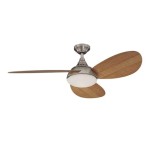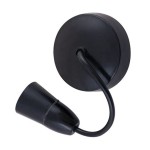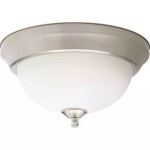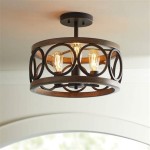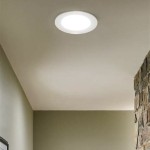Recessed Lights Plaster Ceiling: A Comprehensive Guide
Recessed lights, also known as downlights, have become increasingly popular in modern homes due to their sleek, minimalist design and energy efficiency. When paired with a plaster ceiling, they create a sophisticated and cohesive aesthetic that enhances the overall ambiance of a space.
Installing recessed lights in a plaster ceiling requires careful planning and precise execution. To ensure a successful installation, consider the following essential aspects:
1. Light Placement and Spacing
Proper light placement is crucial to achieve the desired illumination and create a balanced atmosphere. Determine the optimal locations for the recessed lights based on the room's dimensions, furniture arrangement, and functional requirements. Consider the distance between lights and their spacing from walls and ceiling edges to avoid uneven lighting or glare.
2. Lighting Profile
Choose recessed lights with a suitable beam angle and light output to meet the specific needs of the space. For general illumination, wider beam angles provide a more diffused light distribution. Narrower beams create focused lighting suitable for accentuating specific areas or objects.
3. Trim and Housing Selection
Recessed light trims come in various shapes, sizes, and finishes to complement different ceiling styles. Consider the architectural features of the room and the overall aesthetic you wish to achieve. Choose trims that blend seamlessly with the ceiling or opt for contrasting finishes for added visual interest.
The housing type also plays a vital role in the installation and performance of the recessed lights. Select housings appropriate for the ceiling thickness, insulation type, and desired recessed depth.
4. Electrical Wiring
Ensure the electrical wiring is properly rated for the voltage and wattage of the recessed lights. Hire a licensed electrician to handle the wiring and connect the lights safely and securely. The electrical box must be securely fastened to the ceiling joist or framing.
5. Heat Management
Recessed lights generate heat, so adequate ventilation is essential to prevent overheating and potential fire hazards. Choose fixtures with built-in thermal protection features or consider using low-heat LED bulbs to minimize heat generation.
6. Insulation Compatibility
If the plaster ceiling is insulated, ensure the recessed lights are compatible with the insulation type. Some housings are specifically designed for use with insulation, providing air gaps to prevent heat buildup.
7. Plaster Finish
After the recessed lights are installed, the plaster ceiling requires patching and refinishing to conceal any gaps or imperfections. Use a high-quality plaster compound that matches the existing ceiling texture and color. Sand the patch area smoothly and apply a fresh coat of paint to restore the uniform appearance of the ceiling.
Conclusion
Recessed lights in a plaster ceiling are a versatile and stylish lighting solution that enhances both functionality and aesthetics. By carefully considering the placement, lighting profile, trim selection, wiring, heat management, insulation compatibility, and plaster finish, you can achieve a seamless and sophisticated integration that complements any modern interior.

Inbedded Ceiling Lighting In Plaster

Blanco Round Plaster Ceiling Recessed Fixed Downlight Using

Benefits Of Plasterboard Recessed Downlights Future House

Integrated Lighting Styles

Blanco Round Plaster Ceiling Recessed Fixed Downlight Using

Useful Info About Plaster Ceiling Suria Renovation Works

Recessed Plaster Ceiling Luminaire Trimless Invisible Lighting 200 X Mm Gu10

Edge Lit Sculptured Plaster In Ceiling Domes 3 Diameters

Plaster In Profile For Wall And Ceilings

Plaster In Profile For Wall And Ceilings
Related Posts

